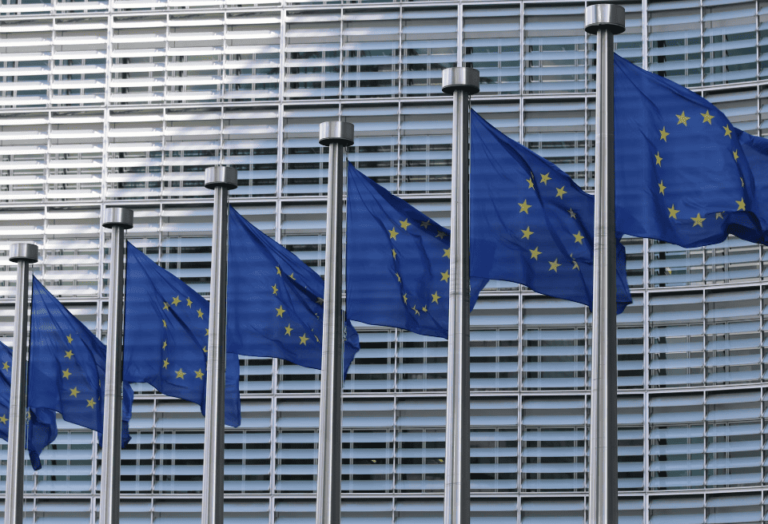The European Commission publishes an annual review of candidate countries to join the European Union. Currently, these are Albania, Bosnia and Herzegovina, Kosovo, Montenegro, North Macedonia, Serbia, Turkey, Ukraine, Moldova and Georgia.
With some of these, such as Turkey, negotiations have been at a standstill for years. While others, such as Ukraine, are almost finished thanks to the acceleration given to the reform process necessary to definitively join the bloc.
Table of Contents
Ukraine
Among the most important passages contained in the 2023 Enlargement Plan is the recommendation to the European Council to open accession negotiations with Ukraine. Which “has completed well over 90%” of the reforms required to be able to enter the Union, as declared by the President of the Commission Ursula Von Der Leyen.
Reforms concerning the judicial system, the fight against corruption, money laundering and the power of the oligarchs. However, the negotiation phase can last many years. During which, the country must demonstrate the effectiveness of the reforms and observe the so-called Copenhagen criteria.
These include having a functioning democracy, guaranteeing equality, respect for the rule of law, human rights, independence of the media, having a functioning market economy and acceptance of the laws of the Union.
Furthermore, the speed of accession does not only depend on reforms and the speed with which states manage to align themselves with European standards. But also on the will of member states.
For example, Turkey’s negotiation phase has been at a standstill since 2005 due to the country’s regression in terms of the protection of human rights and the rule of law, while the start of negotiations with North Macedonia was blocked by Bulgaria, which accused the small country of anti-Bulgarian attitudes and historical denialism.
The other countries candidate to join the EU
In addition to Ukraine, the Commission also recommended the opening of negotiations with Moldova and Bosnia and Herzegovina, both candidate countries from 2022.
For Georgia, however, the Commission reminded that there are still many steps left to reach negotiations. But recommended that the Council grant it candidate country status.
However, Albania and North Macedonia remain at a standstill, although they only opened negotiations in July 2022. As well as Kosovo, which has not yet managed to achieve candidate country status despite the membership application presented in 2022.
Neither do the positions of Montenegro, Serbia and Turkey change, whose negotiations have been at a standstill for over 10 years, due to the continuous violations of the rule of law and human rights that occur in these countries.
How do you join the European Union?
The procedure for joining the European Union is long and complex, because it is designed to thoroughly evaluate the conduct and alignment of the values of the requesting countries with those of the Union.
The accession procedures are established by Article 49 of the Treaty on European Union (TEU). Which indicates the fundamental values that the requesting countries must respect and promote in order to join the Union and the mechanisms of the enlargement procedure.
The fundamental values are:
- respect for human dignity, freedom, democracy, equality and the rule of law;
- respect for human rights, including minority rights;
- respect for a plural society and non-discrimination, tolerance, justice and equality between women and men.
Any European state that respects these values and is committed to promoting them can apply to join the European Union.
The criteria to be respected instead concern the presence of stable institutions that guarantee democracy and the rule of law, a functioning market economy and the ability to assume and effectively apply the obligations of membership. Thus including the objective of a political, economic and monetary.
Finally, the accession procedure is made up of five fundamental steps:
- the formal presentation of the application for membership to the Council;
- the obtaining of candidate status following the positive opinion of the Commission;
- the start of negotiations following the unanimous approval of the Council;
- the screening process parallel to the negotiations to check the progress of reforms in the candidate countries;
- and finally accession, which must be approved unanimously by the Council and receive the approval of Parliament.












